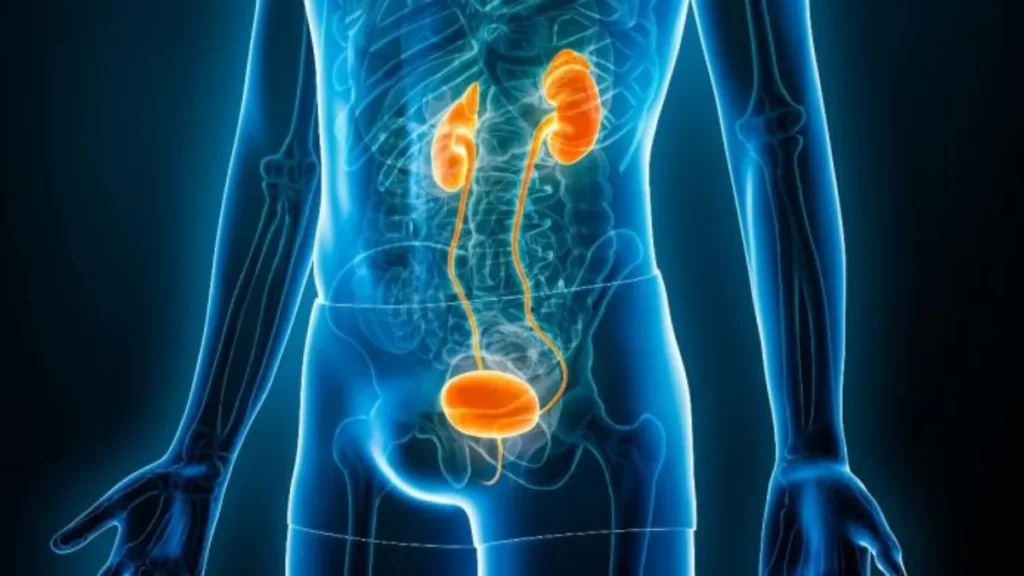
Bladder Cancer in India: The Growing Concern
Beat bladder cancer with early detection! Expert insights reveal how a multidisciplinary approach can improve treatment outcomes in India. Learn more about effective care.
You spot blood in your urine. It doesn’t hurt, it doesn’t happen again, and you assume it’s nothing. But what if that tiny symptom is your body’s red alert, trying to tell you something serious? Bladder cancer (cancer of the urinary bladder) often whispers before it strikes, and this is where timely care, early diagnosis, and, most importantly, a team-based approach can change outcomes dramatically.
Bladder Cancer: An increasingly recognised danger in India
According to Dr Shefali Sardana, Associate Director – Medical Oncology, MAX Super Speciality Hospital, Saket, New Delhi, bladder cancer results from uncontrolled growth of the bladder’s lining cells. These cells may remain confined to the inner layer or proliferate into deeper tissues, lymph nodes, or other organs.
The classical indicators seen are:
Blood in the urine (haematuria) is the most common and first sign.
Discomfort or burning sensation during urination
Frequent Urinary urgency
Delayed Diagnosis results because most of these symptoms are often misdiagnosed as ageing-related changes or urinary tract infections. When detected at an early stage (non-invasive), bladder cancer is usually treatable with minimally invasive methods such as transurethral resection and intravesical therapy.
How common is it in India?
The rate of Bladder cancer is steadily climbing, especially in urban and industrial regions. Bladder cancer is the 9th most common cancer globally. In India, it is 17th in incidence and 19th in mortality. Around 75% of people with bladder cancer are diagnosed with a type called non-muscle invasive bladder cancer (NMIBC), which means that the cancer has not yet invaded the muscle layer of the bladder wall. This number may seem to be small, but undiagnosed & limited access to cancer diagnostics in remote parts of India is masking the huge burden.
What can raise your risk of bladder cancer?
Smokers have the highest risk of bladder cancer, which accounts for about half of all cases. Air pollution; occupational chemicals, including paints and dyes; vehicle fumes; and exposure to arsenic or chlorine byproducts in water are other major causes. Family history can also elevate genetic risk. While heavy in full-fat dairy and processed meat increases risk, diets high in vitamins, selenium, and skim milk may provide protection. Delayed diagnosis is seen frequently in lower-income groups, and men are three to four times as likely to be affected. Frequent exposure to chlorine pools & heavy drinking may increase the risk. Conditions including diabetes, obesity, previous radiation, and specific chemotherapy medications can also be correlated with bladder cancer.
What exactly is a multidisciplinary approach?
Consider specialists from different fields joining to give every bladder cancer patient the best chance at recovery.
Urologists – Warriors at the frontline performing key surgeries like radical cystectomy & TURBT (Transurethral Resection of Bladder Tumour)
Medical Oncologists – The treatment strategists using chemotherapy and immunotherapy to fight cancer at its core.
Pathologists – Behind-the-scenes investigators, confirming what type of cancer we’re battling.
Radiologist – The visual specialist using scans to locate, stage, and monitor tumour progression.
Radiation Oncologists – The precision shooters using targeted radiation to eradicate cancer while sparing the bladder when possible.
Specialised Nurses – The compassionate connection guiding patients through treatment, side effects & care plans.
Conclusion: Don’t fight it alone
Bladder cancer may be complex, but it’s not unbeatable. Many patients lead healthy lives because of early detection and a coordinated team of specialists. Awareness, action, and access to a multidisciplinary care team are your best defence. Don’t wait if something doesn’t feel right. Time and teamwork are crucial factors in the fight against cancer.